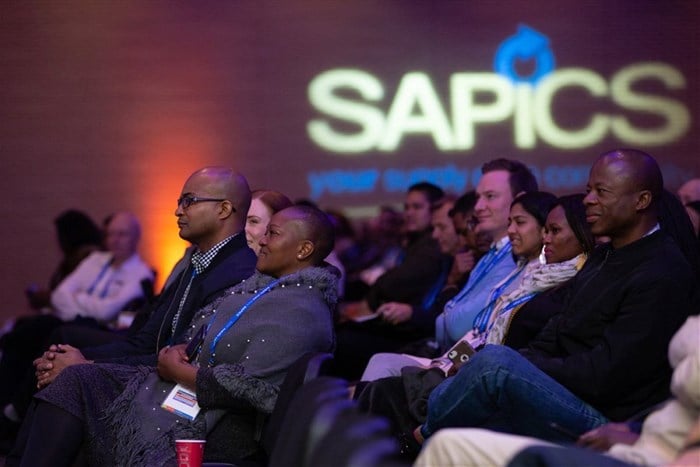
This year's conference, hosted by the Professional Body for Supply Chain Management (Sapics), is especially important in light of recent events that have disrupted supply chains, such as the Covid-19 pandemic, the Suez Canal blockage, riots and unrest in parts of South Africa and issues at the Port of Durban, the container shipping crisis, and the power crisis across Asia and Europe. Sapics president MJ Schoemaker confirms this, saying: "Today, there is a better understanding of supply chains and the importance of supply chain management than ever before." The supply chain is becoming seen as the backbone of practically every business. If it fails, an organisation may never be able to make up for the lost time, money, and consumers."
Schoemaker notes that war, raw materials shortages, rising energy costs and extreme weather conditions are just some of the factors that will continue to disrupt global supply chains in 2023, while in South Africa, the electricity crisis is challenging companies across all sectors. "Businesses must strive for optimised execution, risk reduction, and enhanced agility and responsiveness in their supply chains. Today’s supply chains must be able to anticipate disruptions and have tools in place to manage them."
Sapics has lined up leading local and international experts who will share their insights at the upcoming conference. "Our aim is to equip delegates with the skills, knowledge and tools to futureproof their supply chains in an increasingly volatile, uncertain and complex environment," Schoemaker says.
Sessions at the event will focus on topics ranging from artificial intelligence (AI) and drones to healthcare, skills development, sustainability, transport and warehousing.
AI is the focus of the 2023 Sapics conference presentation by Nomsa Nteleko, chief commercial officer at Amathuba AI. Her vision is to change people’s lives through AI technology, and she contends that embracing AI will "help to advance African humanity". Automated inventory management powered by self-flying drones is on the conference programme in a presentation that will focus on pushing the boundaries of inventory management through innovation.
The event will also unpack the supply chain’s critical role in the global ESG imperative with compelling sessions focusing on fruit distribution and health supply chains. "Circular and sustainable supply chains must be on the agenda of all organisations aiming to future-proof their businesses," asserts Schoemaker.
The emissions impact of distributing goods such as fresh fruit is increasingly attracting attention due to the heightened awareness of greenhouse gas (GHG) emissions. An important carbon mapping framework and associated emission intensity factors that were developed for the South African fruit export sector to determine logistical emissions will be introduced to conference delegates.
Climate change and healthcare supply chains are inextricably linked. Climate variability and more frequent extreme weather events not only disrupt healthcare supply chains but may also trigger diseases and humanitarian crises. Global health supply chains are also contributing to climate change, with statistics showing that healthcare is responsible for 4 to 4.5% of global net emissions. These issues and more will be explored at the conference.
A global public health supply chain track will run throughout the conference programme for the first time. "Lives depend on healthcare supply chains. We are proud to have an incredible line-up of speakers, sponsors and organisations from the health supply chain sphere joining us this year," says Schoemaker.